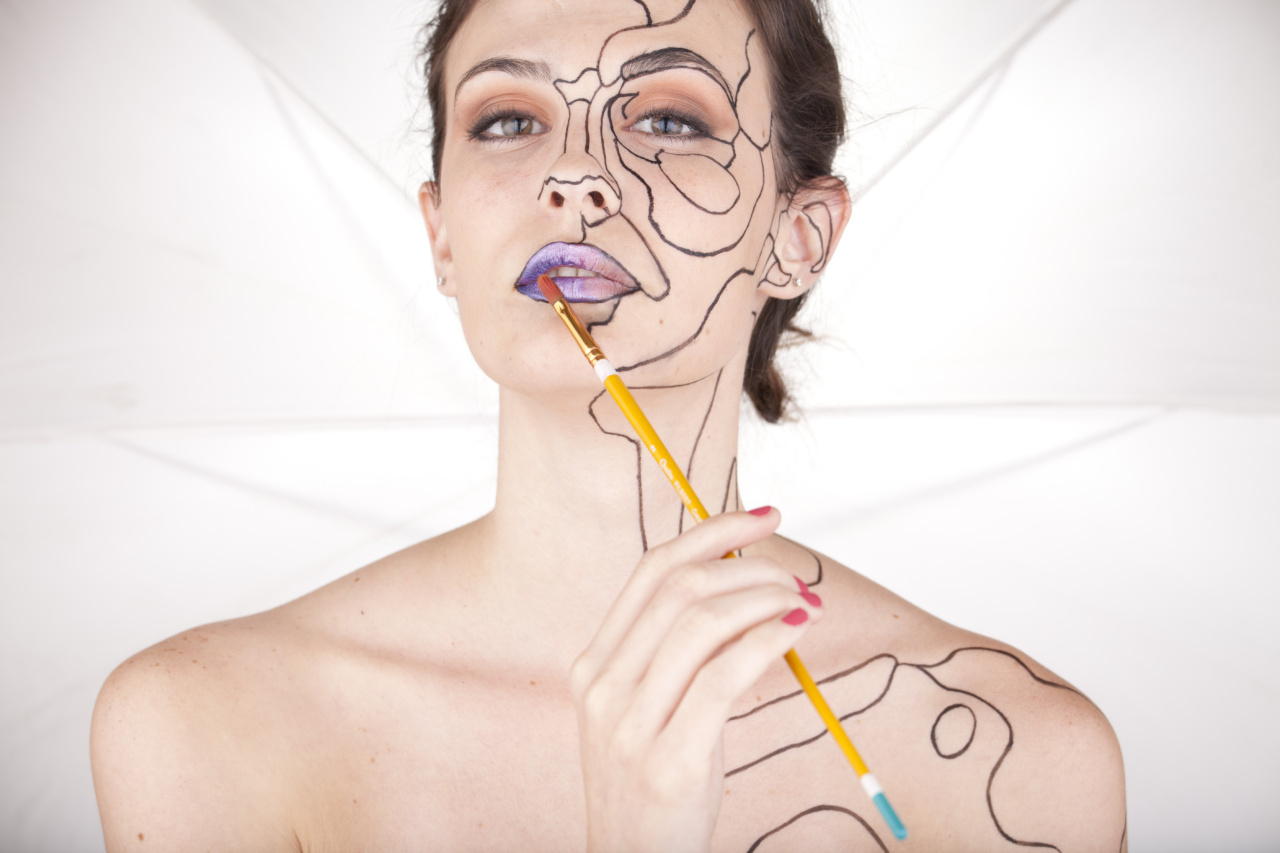Itchy skin is a common annoyance that can be caused by a variety of factors, including allergies, insect bites, dryness, or skin conditions such as eczema or psoriasis. The constant urge to scratch can be frustrating and even disruptive to daily life.
Fortunately, there are various treatments available to help alleviate itching, and one effective option is the use of antihistamines.
What Are Antihistamines?
Antihistamines are a class of medications that work by blocking histamine receptors in the body.
Histamines are chemicals released by the immune system in response to allergens or irritants, and they play a key role in triggering allergy symptoms, including itching. By inhibiting the action of histamines, antihistamines can provide relief from itchiness and other allergy-related symptoms.
Types of Antihistamines
There are two main types of antihistamines: first-generation and second-generation. First-generation antihistamines, such as diphenhydramine (Benadryl) or chlorpheniramine (Chlor-Trimeton), are often known for their sedating effects.
These antihistamines can cause drowsiness and are generally more effective in alleviating acute itching or allergic reactions.
On the other hand, second-generation antihistamines, including cetirizine (Zyrtec), loratadine (Claritin), or fexofenadine (Allegra), are less likely to cause drowsiness.
They are typically preferred for long-term use in managing chronic conditions like allergic rhinitis or hives.
How Antihistamines Relieve Itchy Skin
Antihistamines primarily target and block the H1 receptors in the body. These receptors are found in various tissues, including the skin, blood vessels, and respiratory system.
When histamines bind to these receptors, they cause blood vessels to dilate, tightening of airway muscles, and stimulation of nerve endings that result in itching.
By antagonizing the H1 receptors, antihistamines prevent histamine from binding to these receptors and initiating the itch-inducing cascade.
This results in reduced itching and relief from other associated symptoms, such as redness, swelling, and hives.
Choosing the Right Antihistamine
When selecting an antihistamine to relieve itchy skin, several factors should be considered:.
1. Sedating vs. Non-sedating
If immediate relief is needed and drowsiness is not a concern, sedating first-generation antihistamines can be effective. However, for daytime use or long-term management, non-sedating second-generation antihistamines are often preferred.
2. Duration of Action
Some antihistamines last for a few hours, while others provide relief for up to 24 hours with a single dose. Longer-acting options may be more suitable for individuals experiencing persistent or recurring itching.
3. Allergy Symptoms
If itchy skin is accompanied by other allergy symptoms like sneezing, runny nose, or watery eyes, choosing an antihistamine that addresses multiple symptoms can provide comprehensive relief.
4. Individual Sensitivities
Every person may respond differently to antihistamines, so it may be necessary to try different options to find the one that works best for relieving itchy skin with minimal side effects.
Precautions and Possible Side Effects
While antihistamines are generally safe for most people, certain precautions should be taken:.
1. Drowsiness
As mentioned previously, some antihistamines can cause drowsiness. If engaging in activities that require alertness, such as driving or operating machinery, it is important to choose a non-sedating antihistamine to avoid impairment.
2. Dry Mouth and Eyes
Antihistamines can sometimes cause dry mouth or dry eyes as a side effect. Staying hydrated and using artificial tears or lubricating eye drops can help alleviate these symptoms.
3. Interaction with Other Medications
Antihistamines can interact with certain medications, including sedatives, tranquilizers, or drugs that act on the central nervous system.
It is essential to consult a healthcare professional or pharmacist to ensure the chosen antihistamine does not interfere with any other medications being taken.
4. Special Considerations for Children, Pregnant Women, and Elderly
Antihistamines may require adjusted dosing or be contraindicated in certain populations. It is important to follow the guidance of a healthcare professional when considering antihistamine use for children, pregnant women, or the elderly.
Conclusion
Antihistamines are an effective treatment option for relieving itchy skin caused by allergies, insect bites, or other irritants. They work by blocking histamine receptors, reducing the itch-inducing inflammatory response in the body.
Whether opting for sedating or non-sedating antihistamines, it is essential to choose the appropriate type based on individual needs and preferences. While generally safe, it is crucial to take necessary precautions and be aware of potential side effects before starting any antihistamine regimen.
With the right antihistamine, individuals can experience significant relief from itchy skin, allowing them to enjoy increased comfort and better overall well-being.































